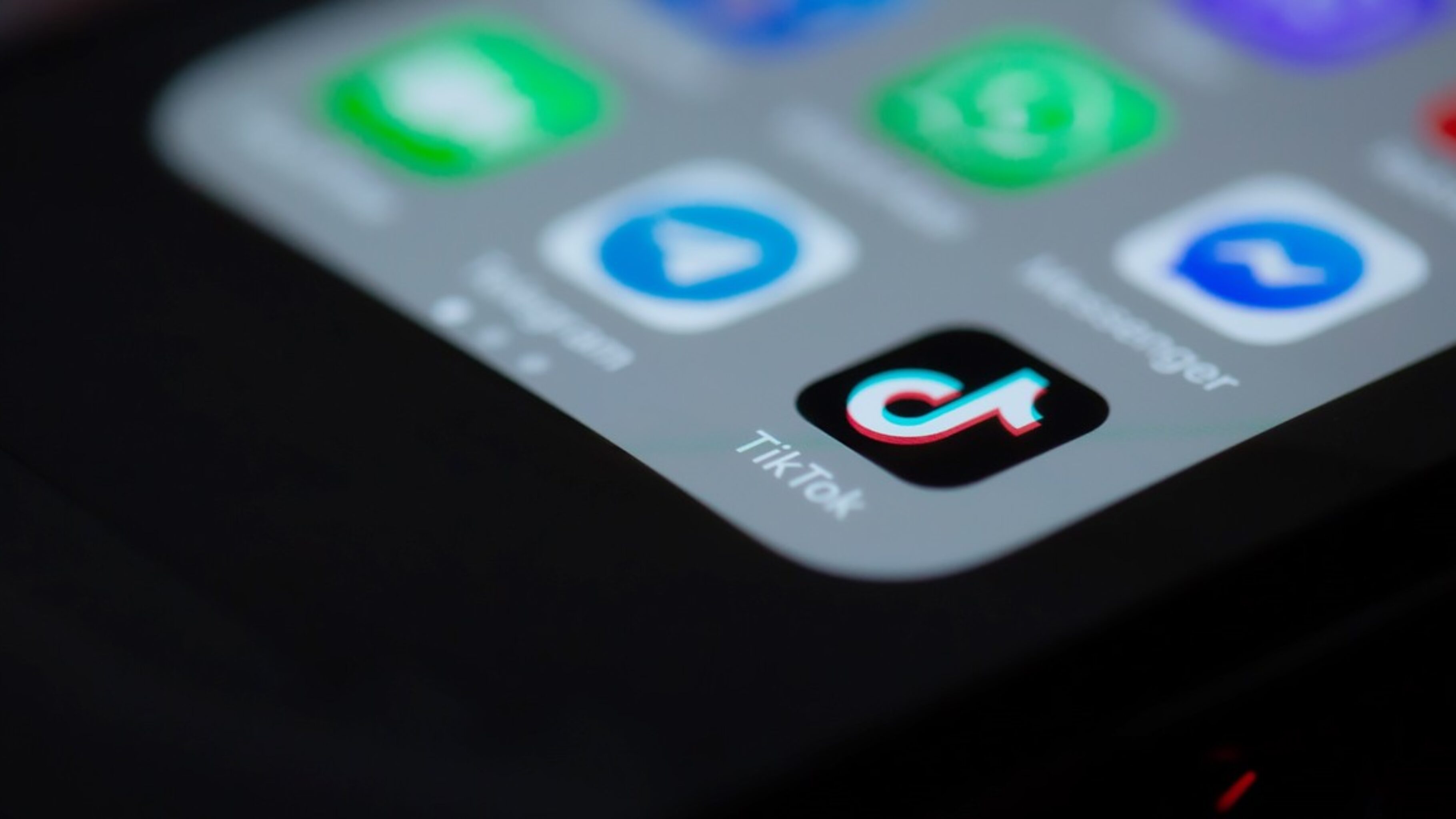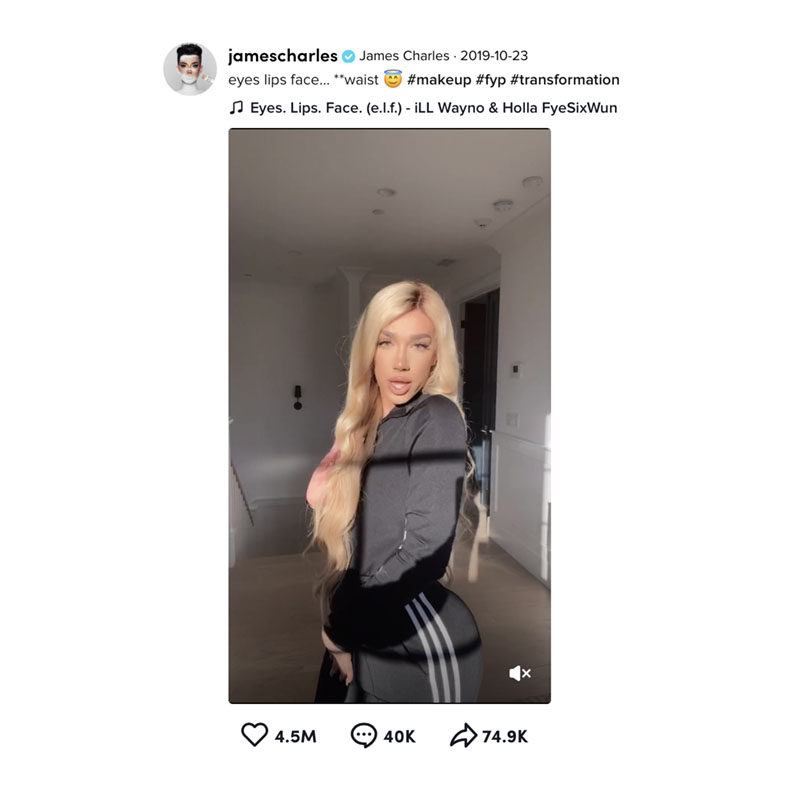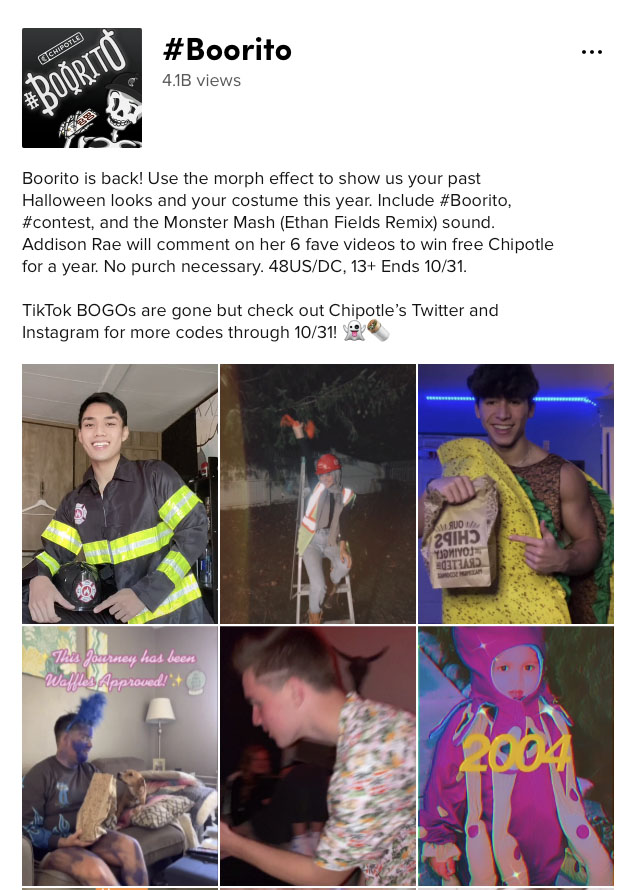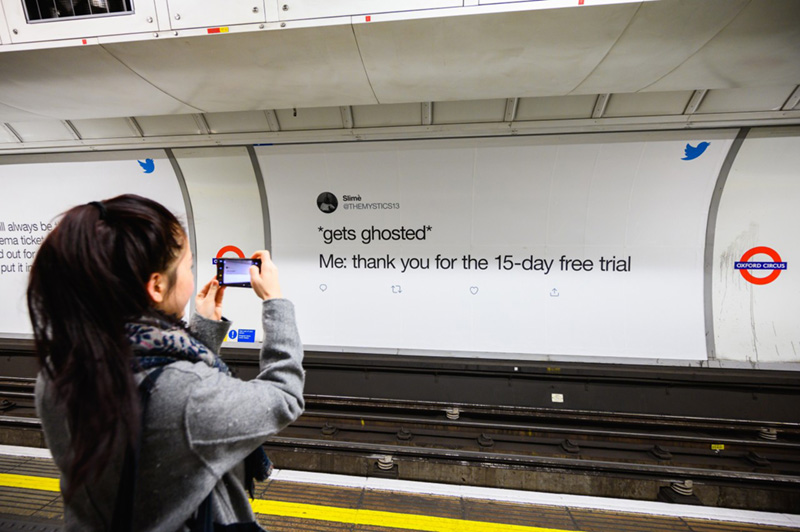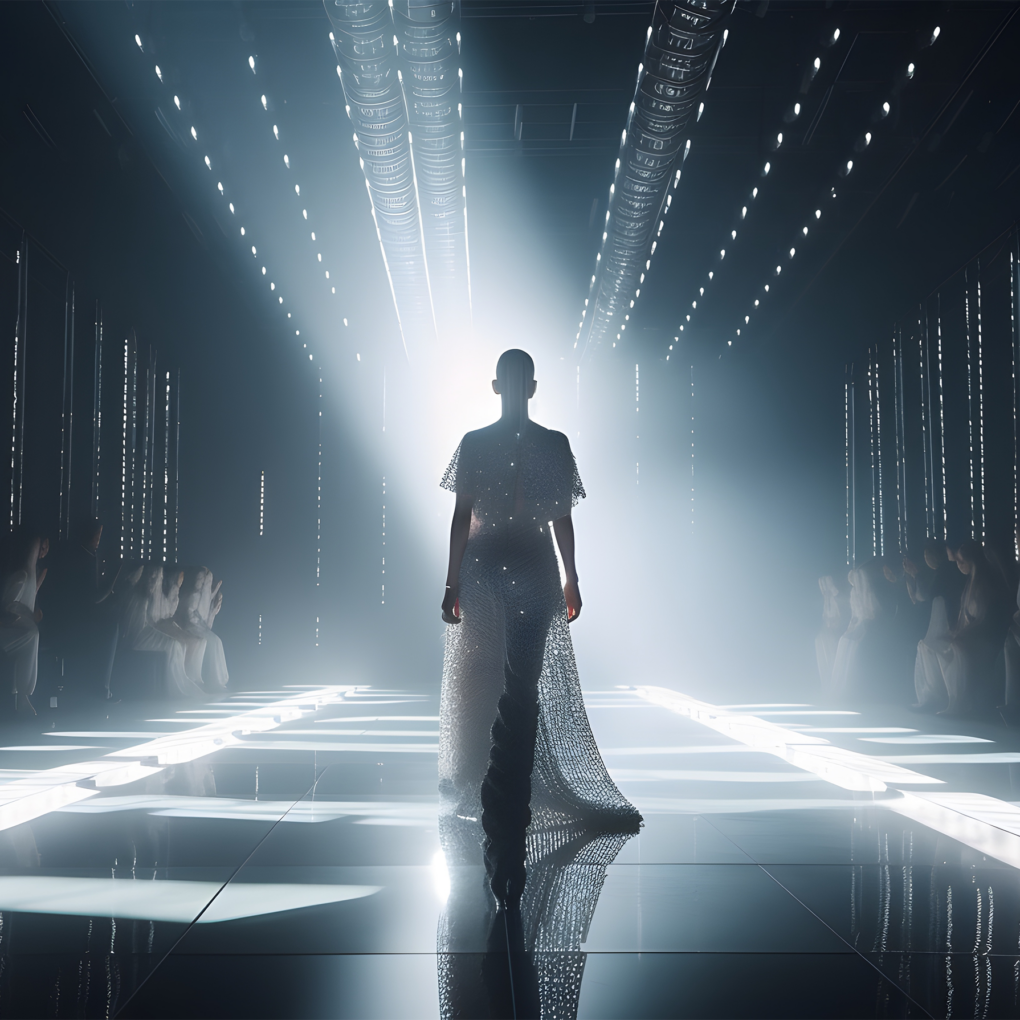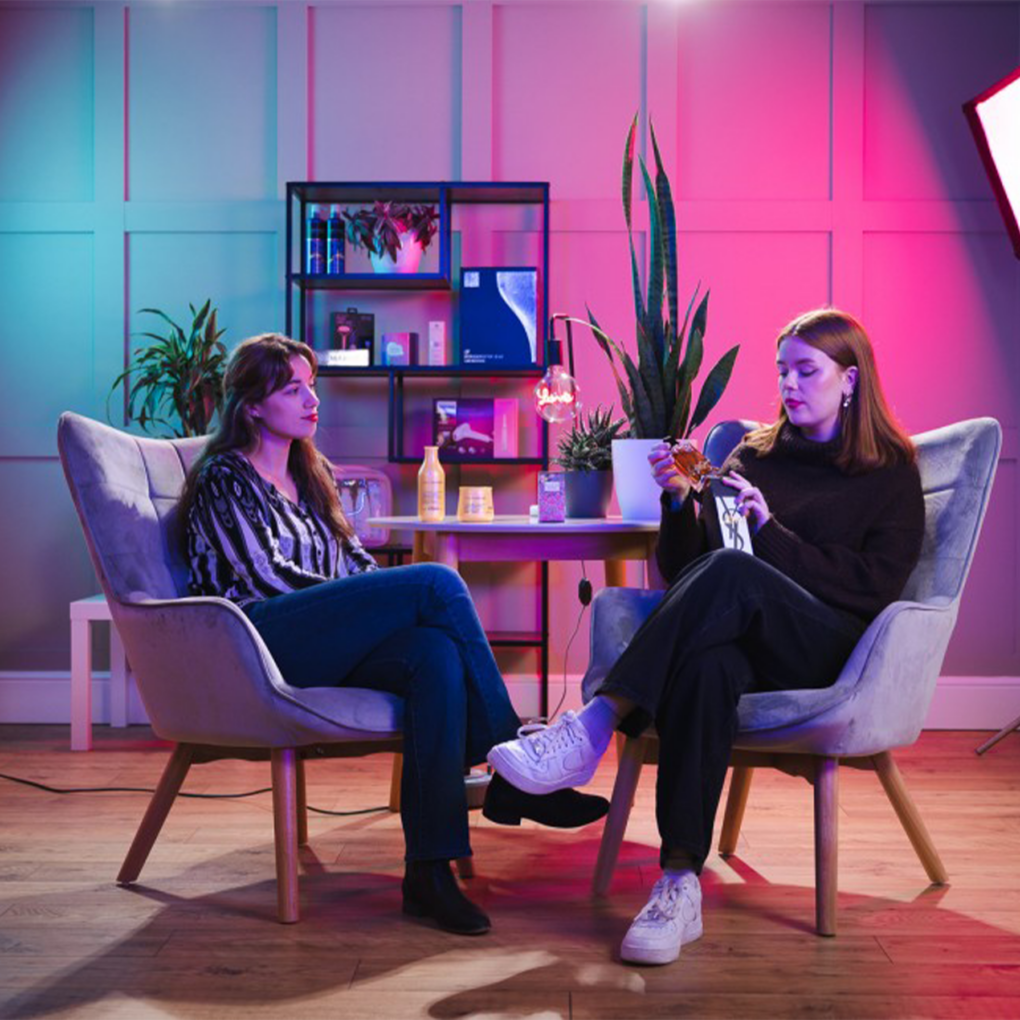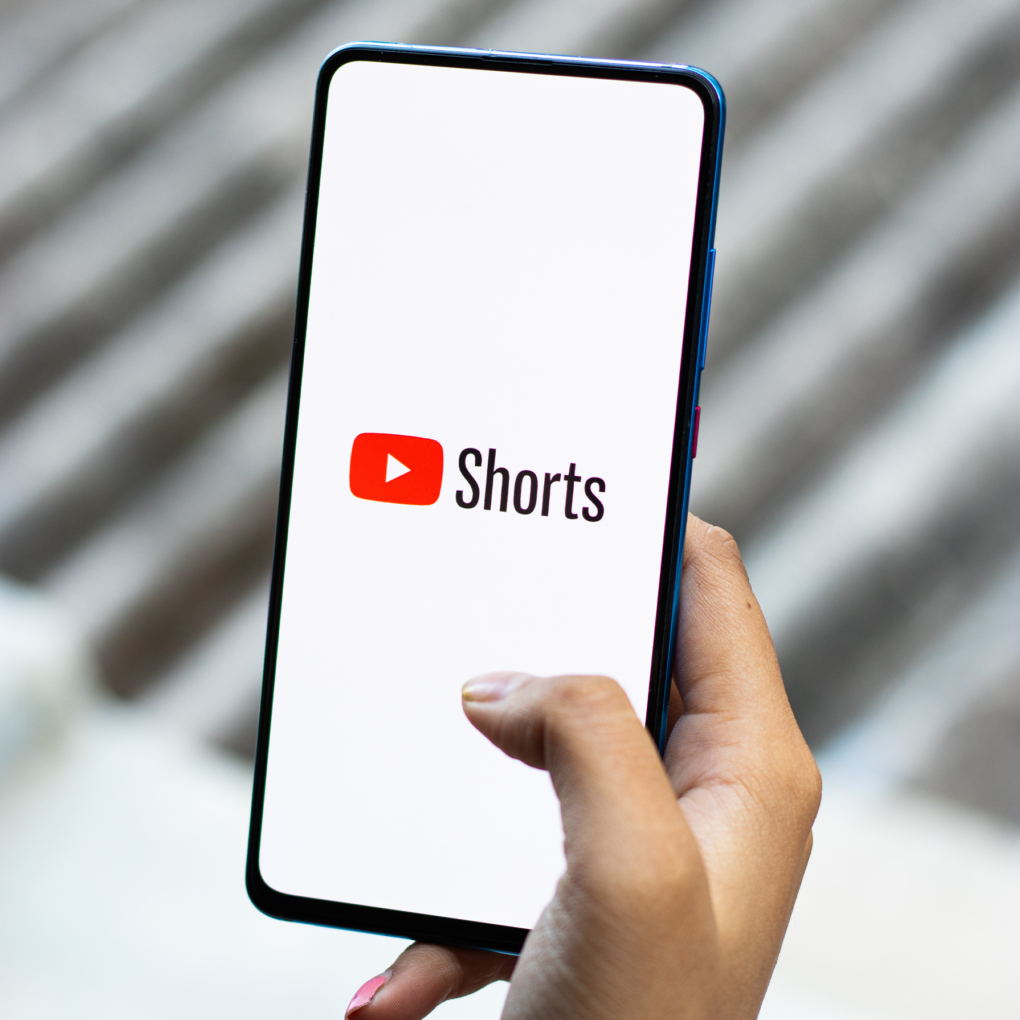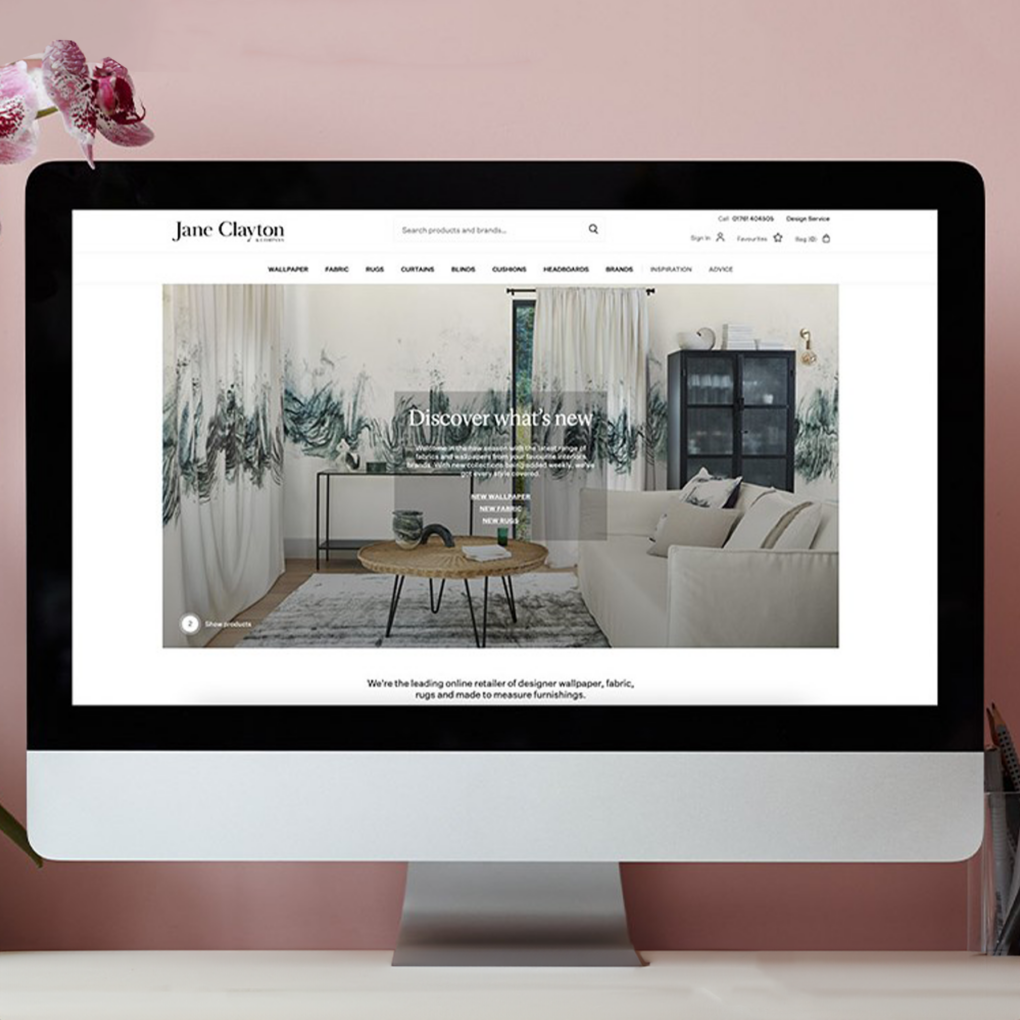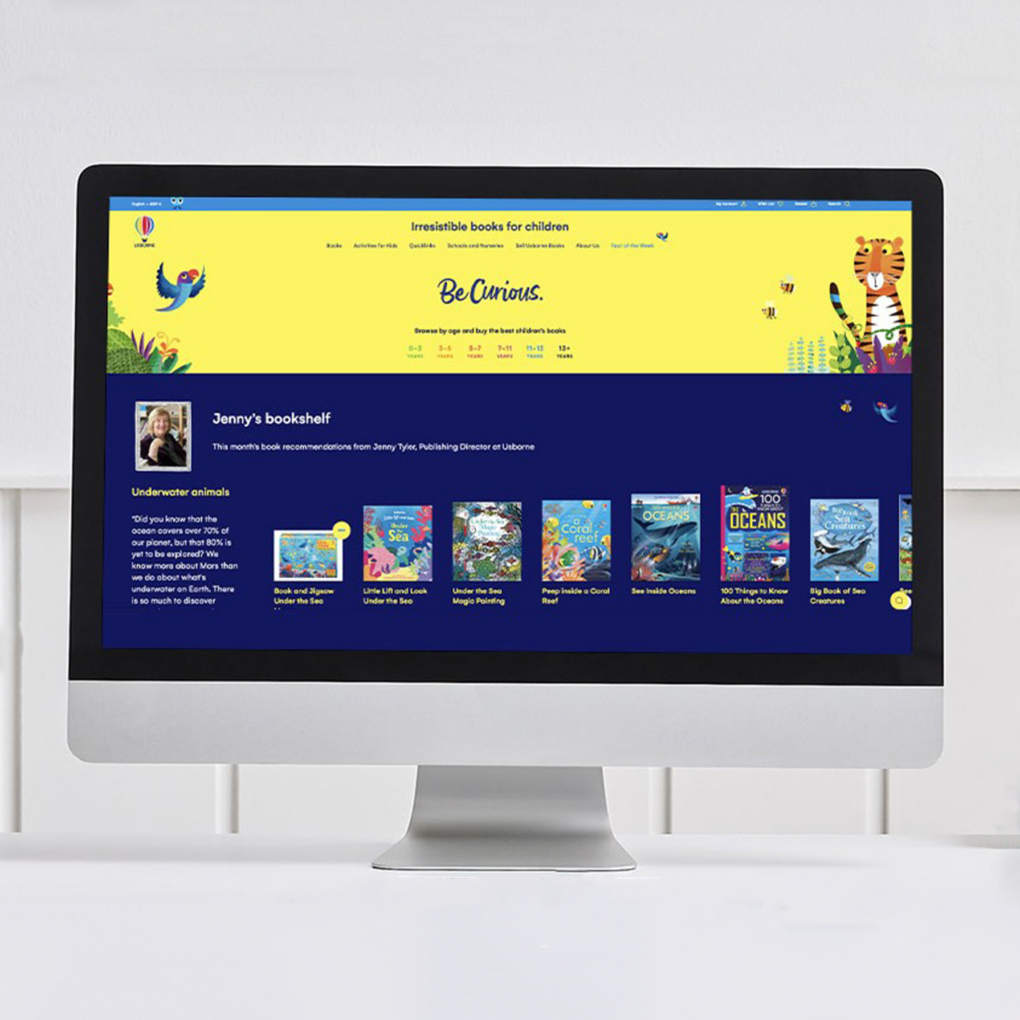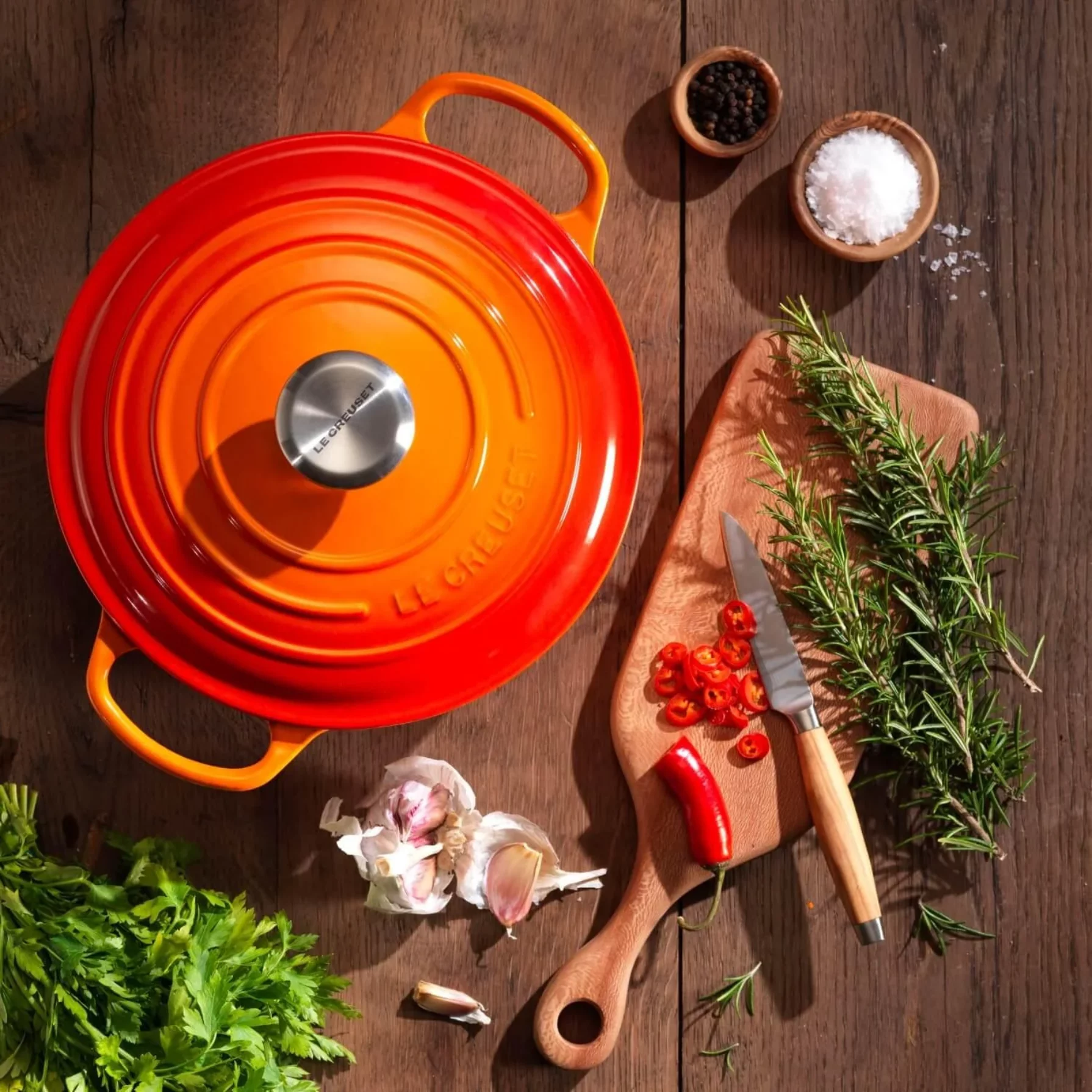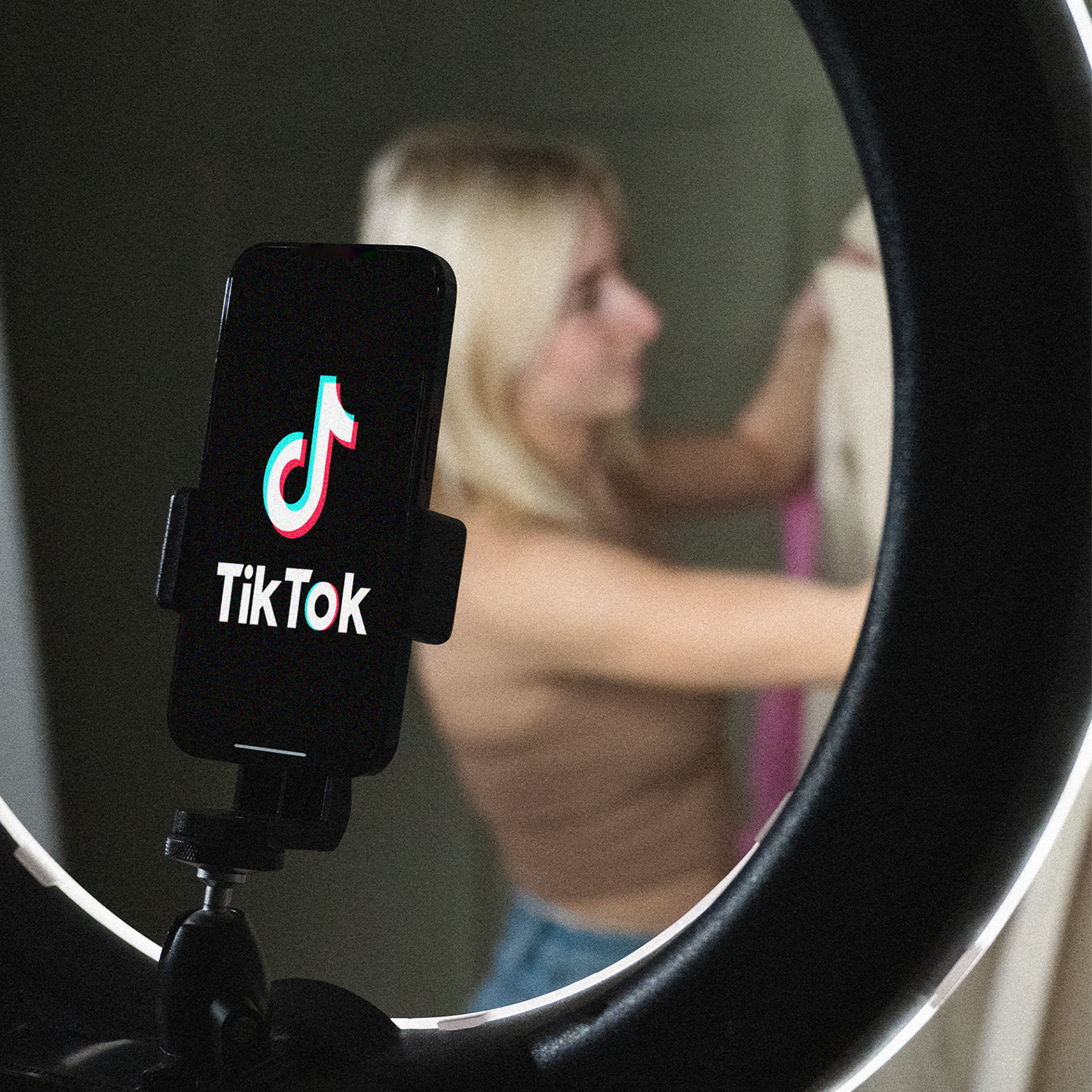Whether they’re tapping into the mood of the nation, appealing to the TikTok generation, or creating a reaction, as the year begins to draw to a close, we take a look back at some of the smart, creative or expressive campaigns that have caught people’s attention in 2020.
The ones that got TikTok
One brand that has nailed the TikTok campaign is the cosmetics company E.L.F. The brand specially commissioned a song in the style of Kash Doll’s 2018 hit single ‘Ice Me Out,’ using the words Eyes Lips Face. Kicking off the campaign with a series of influencers the associated hashtag has now had over 6.6 billion views, and a post by the make-up artist James Charles, using the brand’s products, has been watched over 4.5million times.
Fast-food chain Chipotle also deserves mention for their TikTok skills. From creating a spoof Adele concert with their tortilla chips to their #boorito campaign for Halloween which was viewed 4.1 billion times, Chiptole’s success lies in their ability to create content which taps into the existing humour on the social media site. And while it’s worth noting that, according to Bloomberg, the cost of running a campaign like this is around $150,000, the return results in terms of many eyes on your brand far outweigh other social media platforms such as YouTube or Instagram.
So what can other brands take from this? If you want to see success on the platform which now has over 850million users, you need to be innovative, creative and remember that TikTok is less about the hard sell and more about the fun. The E.L.F. campaign was so successful because it took an already existing trend – people using popular music to lip-sync in their videos – and added their own twist to it.
The ones that tapped into the mood
2020 has been a weird year for a lot of people and for brands it has meant that traditional advertising has sometimes felt off the mark. Some companies, however, have managed to tap into the mood of the nation. Take, for example, Burger King. At the beginning of November, as the U.K. went back into a national lockdown, launched a social campaign encouraging their customers to order from their competitors to support the thousands of fast-food-chain employees who might at risk of losing their jobs.
The simple post was headed ‘Order from McDonald’s’ and stated, ‘We never thought we’d be asking you to do this. Just like we never thought we’d be encouraging you to order from K.F.C., Subway, Domino’s Pizza, Pizza Hut, Five Guys, Greggs, Taco Bell, Papa Johns, Leon or any of the other independent food outlets, too numerous to mention here.’ The campaign was widely shared and garnered mostly positive attention across the national press.
Similarly, Google recently launched a series of adverts encouraging people to review their favourite local establishments. Featuring Sheridan Smith and Anthony Joshua the #DearLocal campaign tapped into the idea that during lockdown people have been keen to support their local businesses.
The ones that supported COVID messaging
As a brand, there is a difficult line to tread when getting on board with public health messaging. Let’s not forget the now infamous Dettol, ‘Keep Protecting,’ ad which was slammed on social media for its hackneyed copy which missed the mark on how people were feeling about going back to work. But there were a few companies in 2020 who did it well and encouraged people to follow the latest rules, without being condescending.
Streaming giant Netflix, for example, came up with the innovative concept of ‘Stay At Home,’ spoiler ads. They filled billboards around the world with spoilers of their top trending Netflix shows from Love Is Blind, to Stranger Things and Narcos, to encourage people to stay home and watch the shows instead.
Nike also created a creative campaign using the slogan, ‘Play Inside, Play For The World.’ They used famous faces such as Christiano Ronaldo and Tiger Woods to encourage people to abide by social distancing rules and emotive copy reading, ‘If you ever dreamed of playing for millions around the world, now is your chance.’
The U.G.C. campaign that got everyone talking
One of the best U.G.C. Campaigns of the year had to be Twitter’s dating campaign. Launched around Valentine’s Day, ahead of the majority of lockdowns, Twitter used witty and amusing tweets by some of its users to create billboards across the London Underground.
Created by the agency Flying Object, the campaign began a lot of noise on social media. They also seeded beer mats featuring the tweets into pubs, and created a live immersive experience, ‘The Twitter Dating Advice Bureau,’ with ran from the 13th-16th of February, where people could spin The Wheel of Misfortune to find out what their next date would be like, or lay flowers in the graveyard of ghosting.
The success of this campaign lay in the fact that the observational tweets tapped into dating trends that lots of people would have experienced, making it both relatable and shareable.
So what can we learn for 2021?
Looking back at the campaigns with the most cut through from 2020, it’s clear that some methods work time and again to capture people’s emotion and to create content which really resonates with consumers. These are:
Being Emotive And Knowing: In the wake of a challenging year, tapping into the mood of your consumer is more important than ever. It’s not about the hard sell, but about creating content that they can relate to.
Keeping It Funny: Humour is also vital. What many of these campaigns have successfully done – especially if you look at the likes of Chipotle and Twitter – is to use creativity to make content which reflects the overall humour being used on the platform they aim to post the ad on.
Let Your Product Take A Back Seat: Maybe the time for the big sell will come again, but for now, at a time when people have less disposable income and are less inclined to support big brands who want to push products on them, building brand awareness can be just as important and showcasing the product itself. After all, if people feel they can trust your brand, they’re more likely to buy from you in the future.
______________
Olivia Foster is a freelance writer and content producer specialising in fashion, entertainment and women’s lifestyle. She has written for Grazia, Marie Claire, and Stylist.
